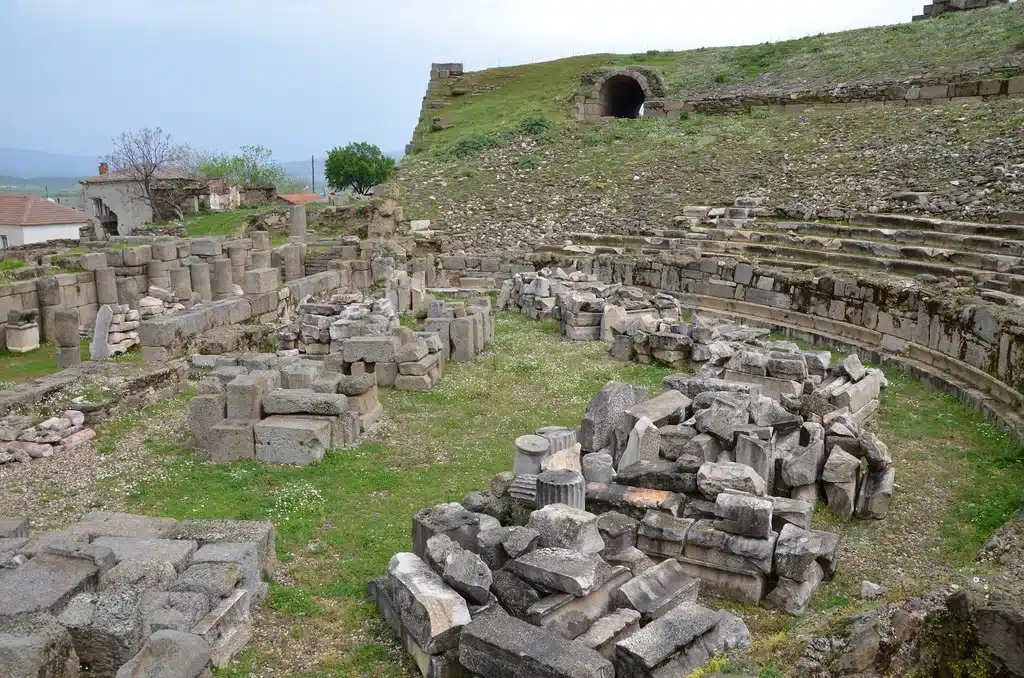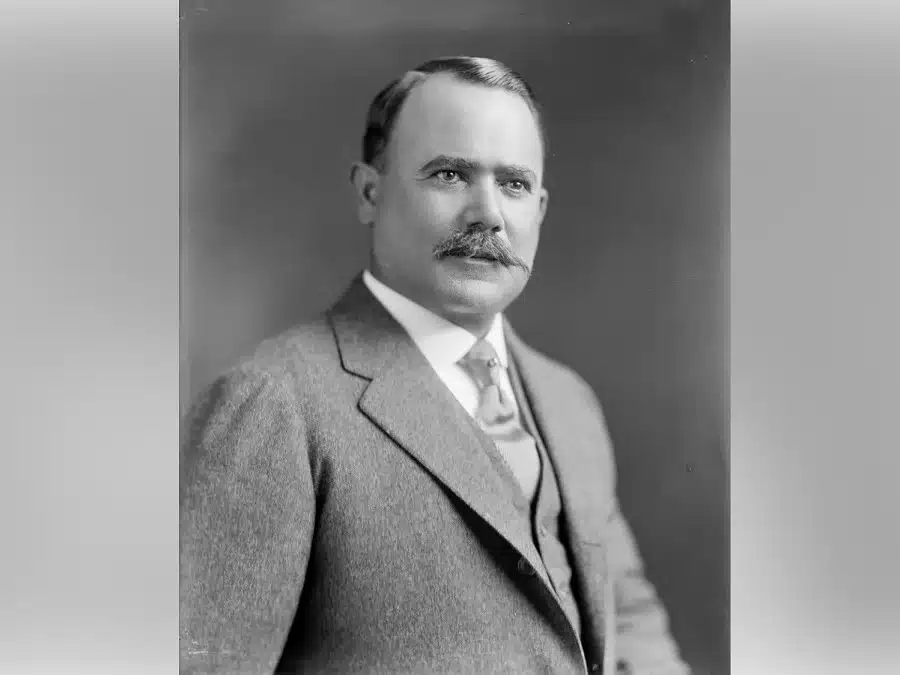Hafez al-Assad was a longstanding leader of Syria and played a critical role in the country’s modern history. Born in 1930 in Latakia, Assad built a political and military career in Syria and seized power in 1970, ruling until his death in 2000. His era was characterized by a firm authoritarian governance and a more assertive regional role for Syria.
Hafez al-Assad’s Early Life and Military Career
Hafez al-Assad was born into a poor family and aimed for a military career from a young age. While serving in the Syrian Air Force, he developed political ideals and joined the Arab Socialist Ba’ath Party. Throughout the 1960s, he solidified his position within the Ba’ath Party and assisted in the party’s radical wing seizing power in 1966.
Hafez al-Assad’s Rise to Power
Hafez al-Assad’s ascent to power was the result of his gradual rise within Syria’s political and military structures and strategic maneuvers. In 1970, as an air force commander, he executed a coup dubbed the “Corrective Movement,” securing control over Syria. This period and subsequent developments were crucial in establishing Assad as Syria’s leader.
Military and Political Career
From a young age, Assad aimed for a military career and rose to significant positions within the Syrian Air Force. He joined the Arab Socialist Ba’ath Party, where he quickly ascended after the party’s 1963 coup in Syria. Post-coup, Assad played a more influential role within the party’s military and political structures.
Rise to Power
By 1970, Hafez al-Assad had become a prominent figure in Syria’s political and military landscape. The “Corrective Movement” coup he led not only seized power but aimed to end Ba’ath Party extremes and divisions, fostering more stable governance in Syria.
Hafez al-Assad’s Governance
Hafez al-Assad’s administration was marked by an authoritarian style, both domestically and internationally. Internally, he suppressed opposition harshly, with the brutal suppression of the 1982 Hama uprising marking one of his regime’s darkest periods. Externally, Assad managed the conflict with Israel and sought to increase Syria’s influence in the Arab world, notably intervening in the Lebanese Civil War by dispatching Syrian forces in 1976.
Hafez al-Assad’s Legacy
After Hafez al-Assad’s death, his son Bashar al-Assad took over, continuing the Assad family’s rule in Syria. Hafez al-Assad’s tenure is remembered for its strict authoritarianism, regional political maneuvers, and policies shaping Syria’s societal structure. His era marks a transformative period in Syrian history, continuing to influence the country’s political and social dynamics.





